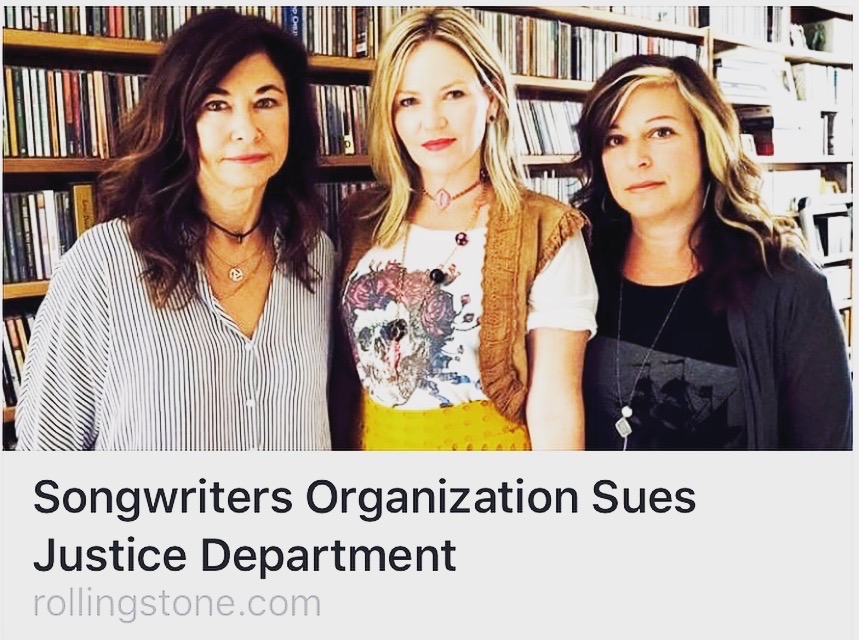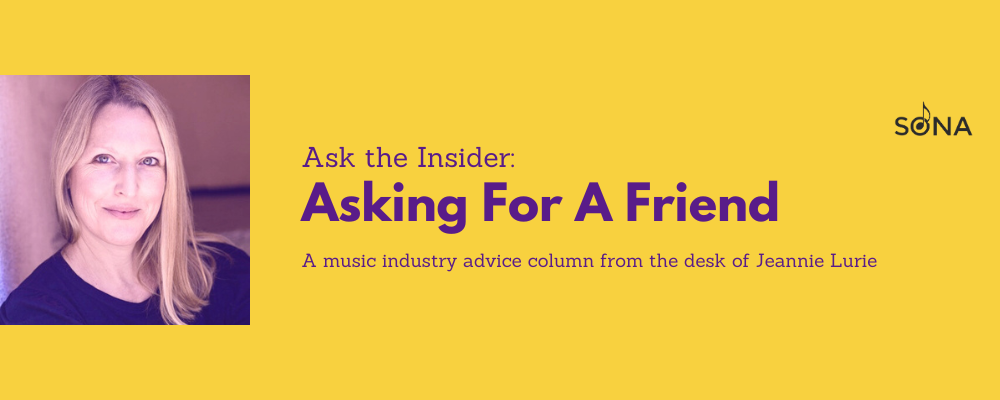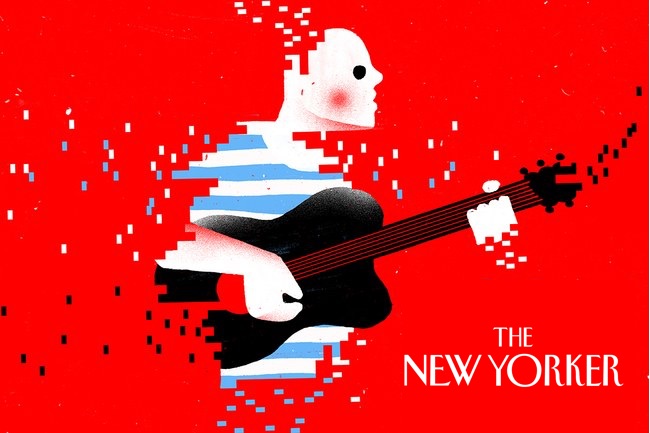As the music industry has been slowly and agonizingly stretched across the rack of the digital age, the songwriter’s comfortable spot amid music’s royalty flow has steadily slipped away.
For many songwriters, the wake-up call comes when they have their first streaming hit. For Michelle Lewis, an indie-rock singer-songwriter who now writes primarily for other artists, it was the song “Wings,” which she co-wrote for the British girl group Little Mix. Lewis and her writing partner, Kay Hanley, the former lead singer of the band Letters to Cleo, had been busy working on a Disney show (children’s TV relies heavily on alt-rock music), and at first she didn’t realize how popular the song had become.
“We were emerging from this bubble,” she told me, “and I realized, ‘I have this hit. This is going to be good! Nearly three million streams on Spotify!’ And then my check came, and it was for seventeen dollars and seventy-two cents. That’s when I was, like, ‘What the fuck?’ So I called Kay.”
“And I said, ‘What the fuck?’ ” Hanley recalled.
Lewis was one of fourteen people credited for the song (some of whom had bigger shares than others). The discrepancy between the stream count and her earnings surprised her. The numbers from other services were similar.*
“We started reading and talking to our friends and fellow-songwriters,” Lewis said. Eventually, they found their way to Dina LaPolt, a music lawyer in Los Angeles, who specializes in copyright and songwriter issues.
Lewis: “And Dina said to us, ‘Where the fuck have you bitches been?’ ”
Hanley: “She literally said that.”
Get the best of The New Yorker every day, in your in-box.
Sign me up
LaPolt told them that unless streaming rates were changed and the music-licensing system were overhauled for the digital age, the profession of songwriting was on its way to extinction. And they were on their own, she added, because, while everyone loves a songwriter, members of the profession have no actual bargaining power, whether via a union or another powerful institution, and so, when the money in the industry dries up, they’re in serious trouble.
“Our jaws were on the floor at the end of talking to her,” Lewis said. “And then it was, like, ‘We have to tell our friends.’ ”
If streaming is the future of music, songwriters may soon be back to where they started.

Advocacy, December 30, 2023
Story of SONA

News, September 1, 2023
The BMI sale: A News Roundup

News, January 25, 2024
SONA amplifying songwriter voices with key new advocacy leadership positions

Advocacy, December 20, 2023
Songwriters vs AI: The Battle For Justice!
Let’s Chat!
Questions? Get in touch with us by filling out the contact form below. We’ll get back to you as soon as we can.
